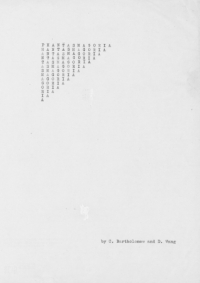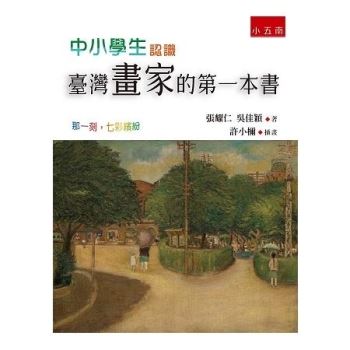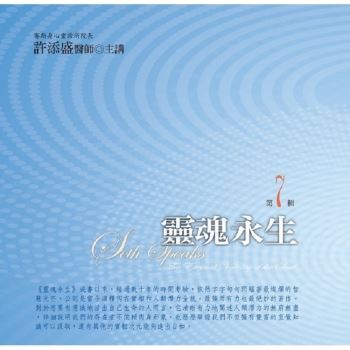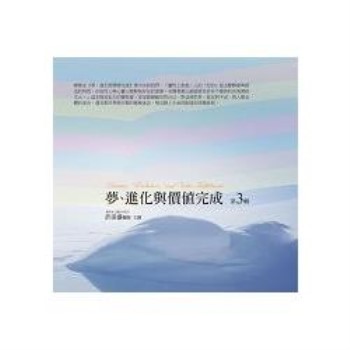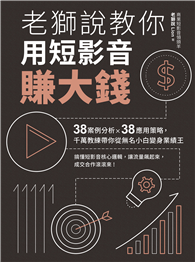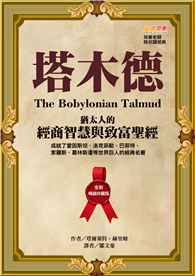This novel consists 102 chapters. The chapters are short, but the dialogues between the characters are meant to be philosophical.
The story is about a prince traveling in the space eight hundred years from now, and his memory of growing up and living on earth in the twentieth century.
The narrative addresses on different issues related to life and culture, many perspectives such as art, food, politics, religion and love are touched on. The description on food is extensive, and it reflects on the author’s life and family manners.
Although the conversations between the protagonist and other characters on different subjects are fascinating on how the technology is advanced and the encounter of extra-terrestrials in the future life in the space, but it is more important to sense the big question of how human face themselves and how to look for the meaning of existence in unlimited time and space if ever given.
作者簡介
Dahong Wang
Dahong Wang was born in Beijing on July 6, 1917, and was raised in Shanghai and Suzhou. His father was Wang Chong-huei, an important figure internationally in the legal profession. After graduating from Jinghai Elementary School, he attended Jinling High School in Nanjing and Suzhou Middle School. In 1930, Dahong followed his father to Hague where his father was stationed, and entered La Ch?taigneraie School in Geneva. He was admitted in the University of Cambridge in 1936 where his first major was mechanical engineering, but he changed to study architecture later. After Cambridge, he went to the United States, and earned his architecture master from Harvard University.
With education received from Cambridge and Harvard, Dahong Wang was the first in Taiwan to receive a complete modern Western architecture education. During his Harvard years, Dahong Wang was taught by Modernist masters Walter Gropius (who headed Bauhaus School previously) and Ludwig Mies van der Rohe, and in the same class with some grand names of contemporary architects including I. M. Pei and Philip Johnson.
